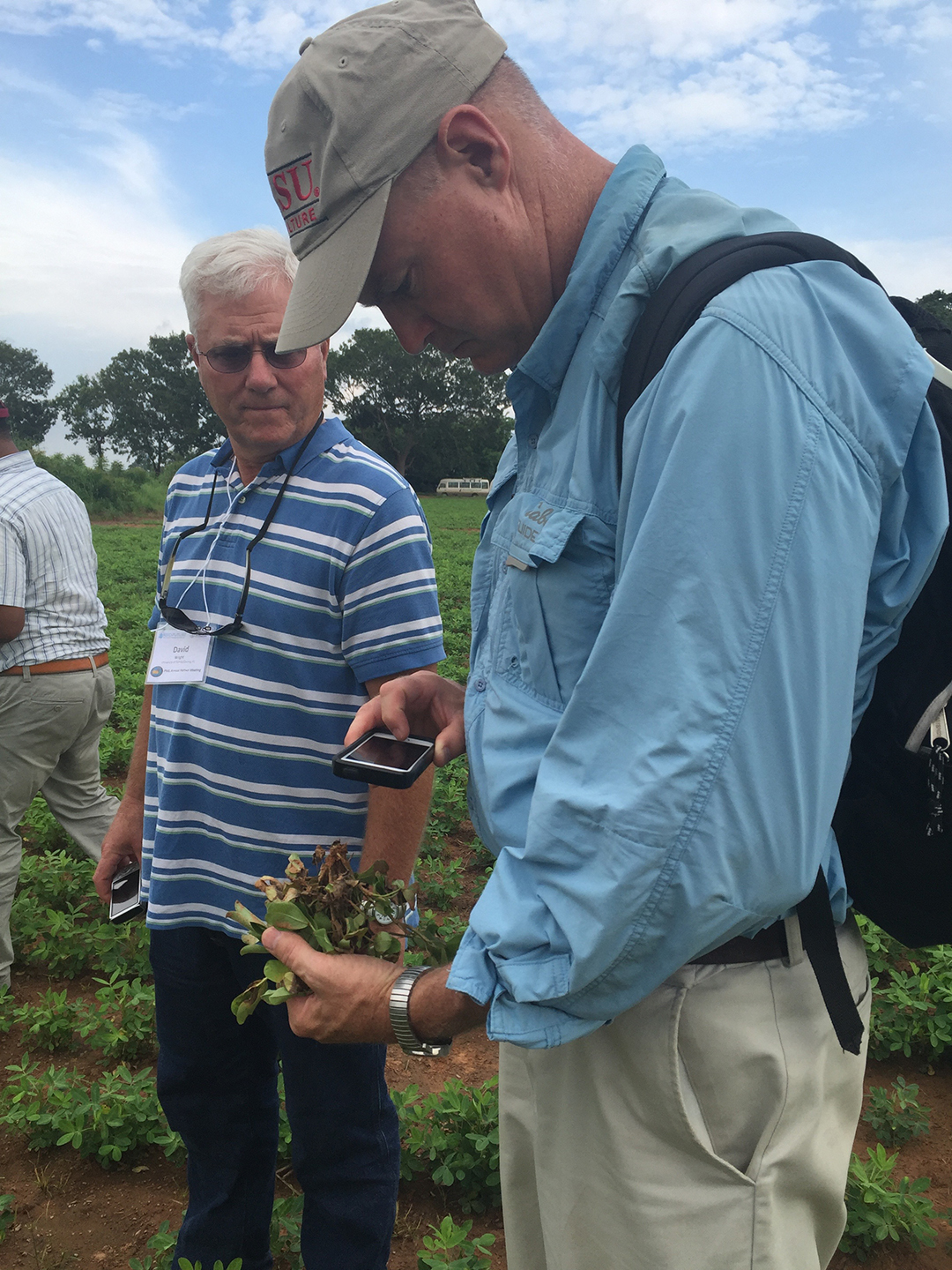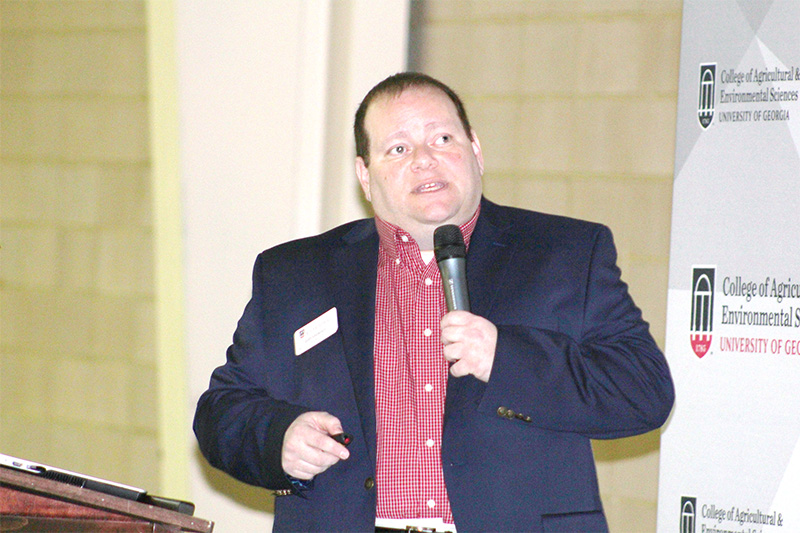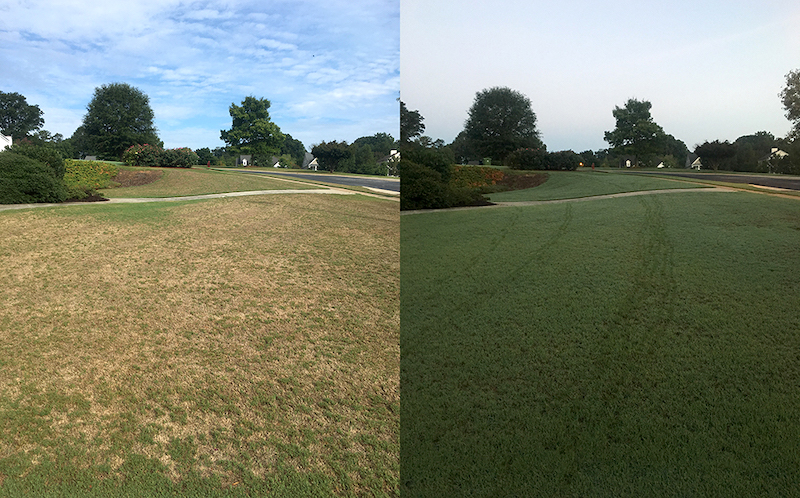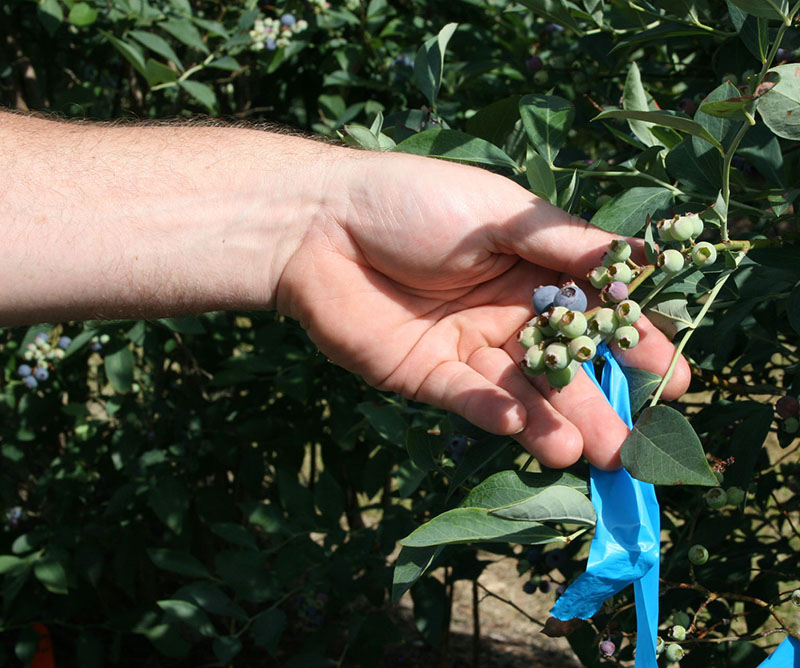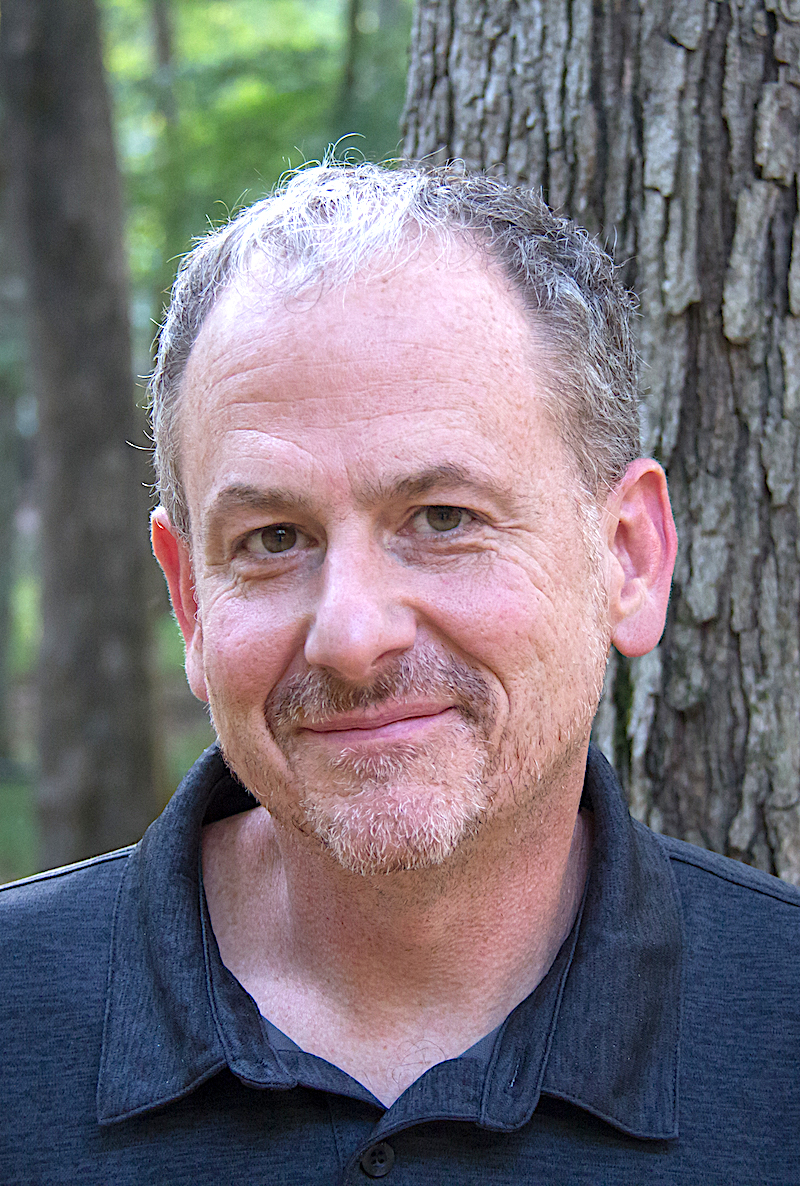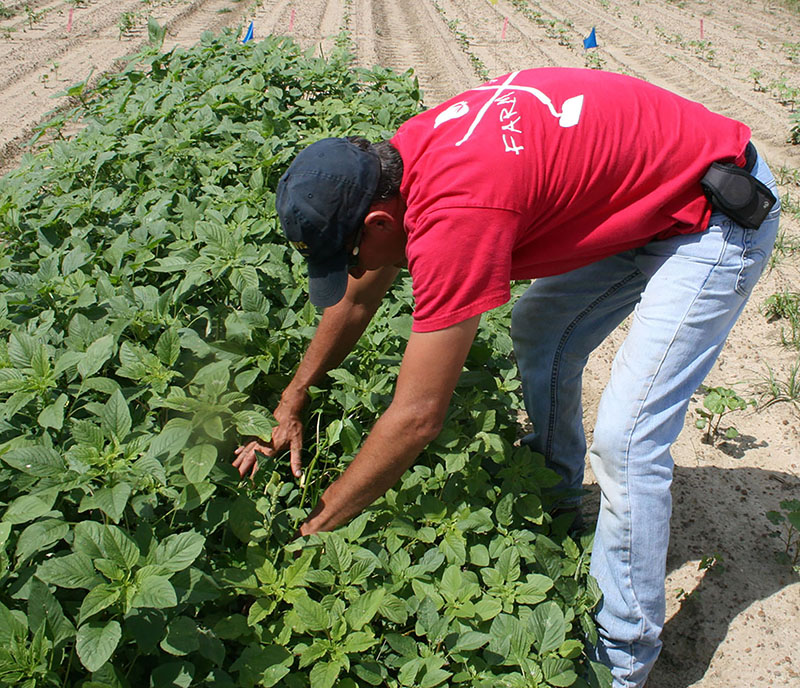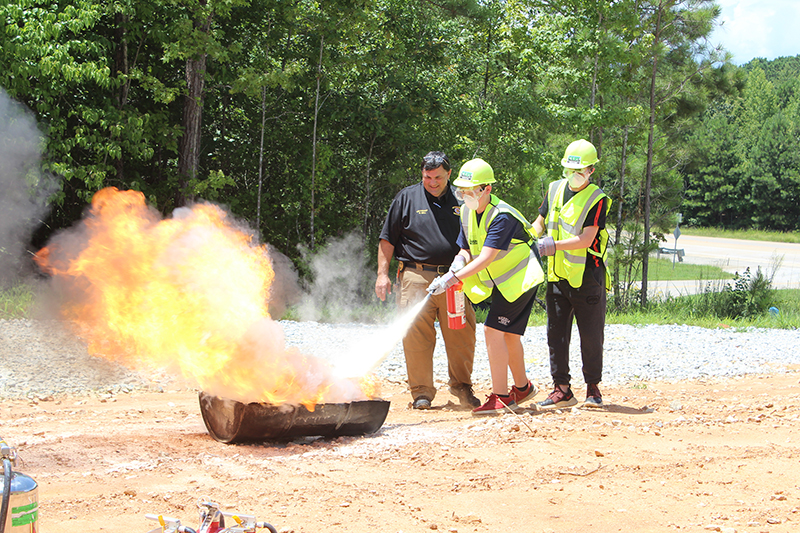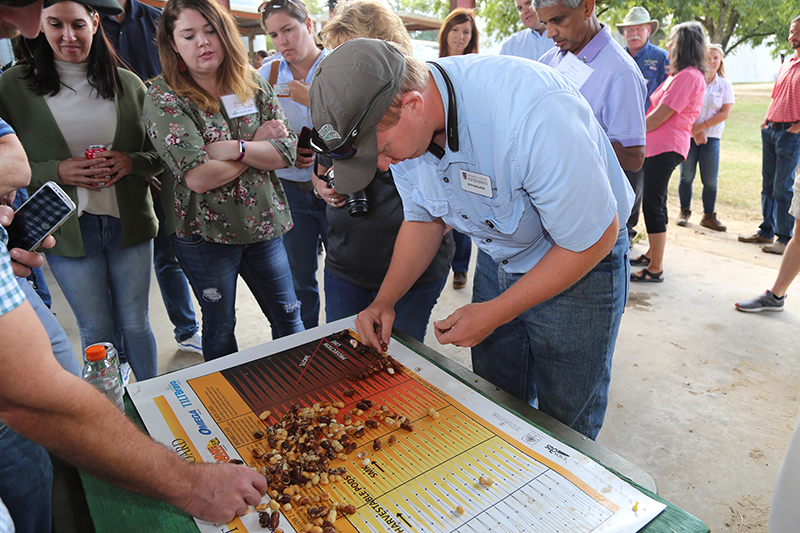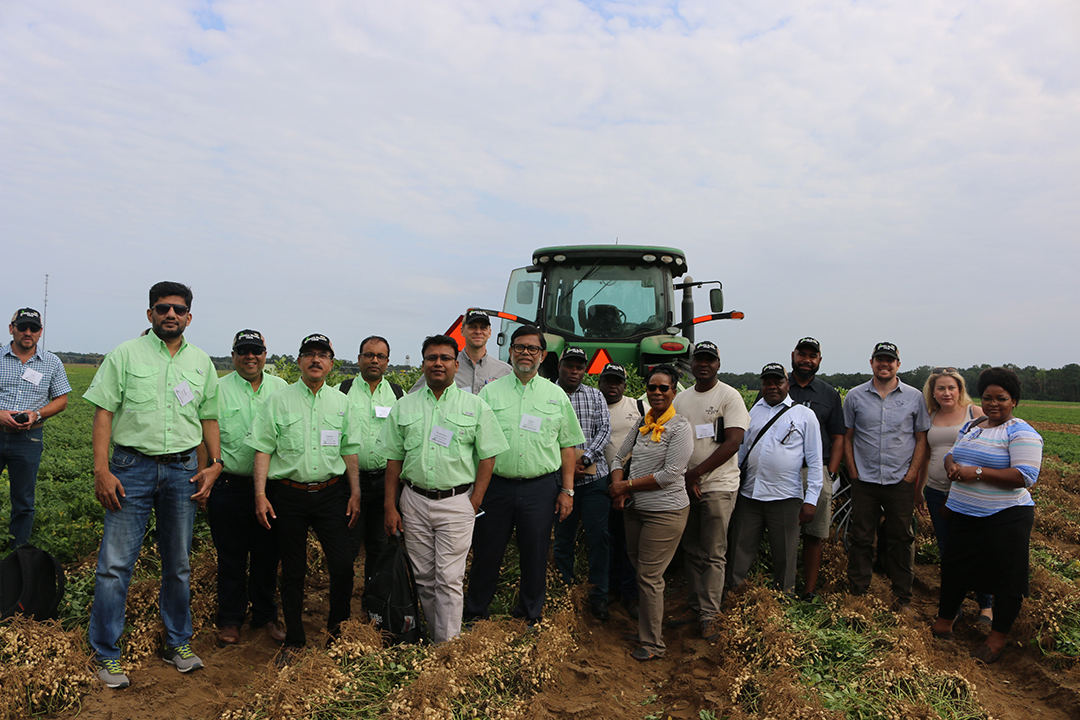 CAES News
CAES News
Peanut Tour
The Peanut Innovation Lab bookended the annual Georgia Peanut Tour, the third week in September, with two more days of activities this year, giving two international groups an even deeper dive into peanut production in the state.

